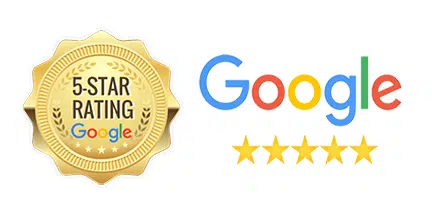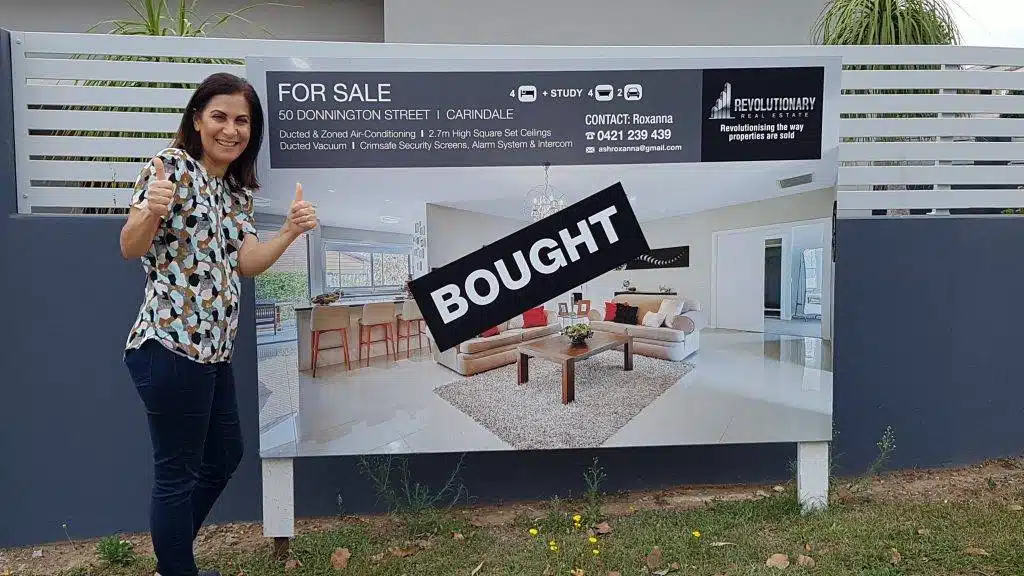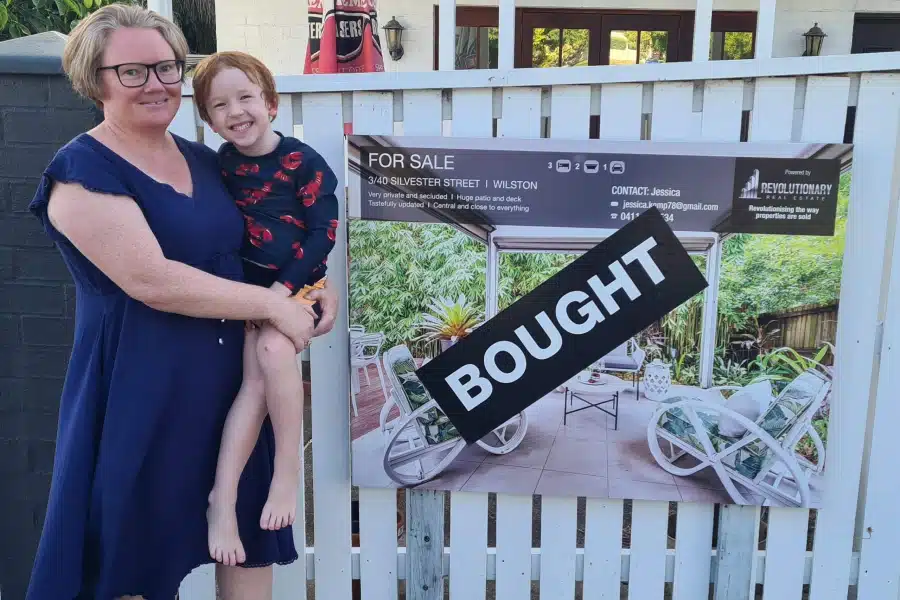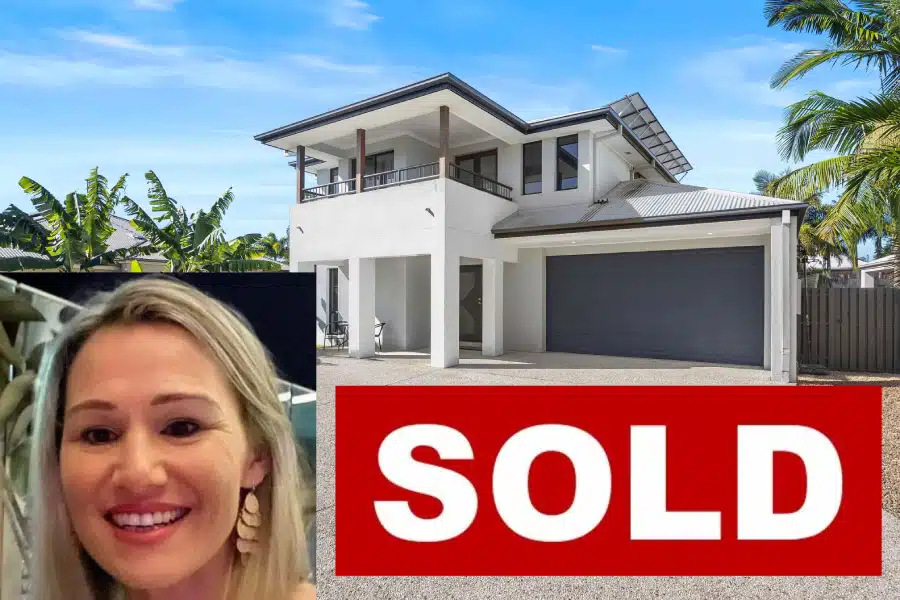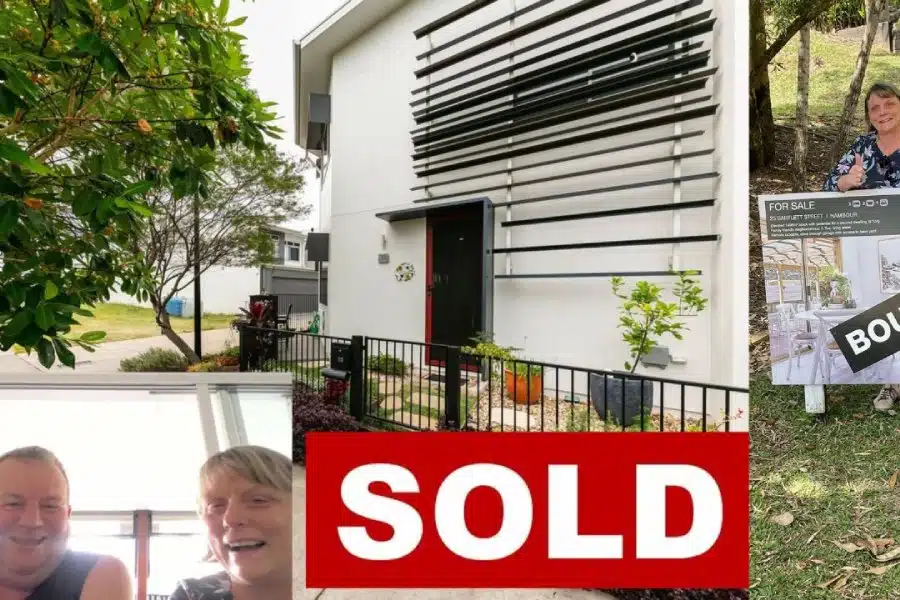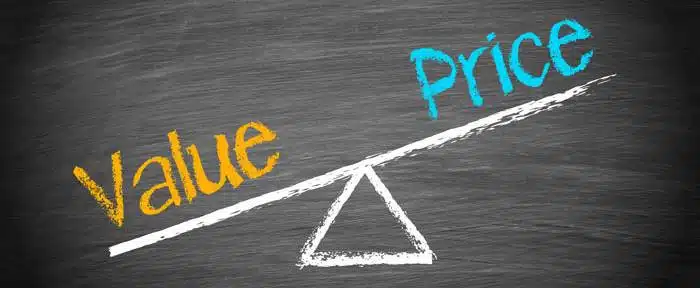
An irrational fixation with a specific property value is one of the biggest reasons why homes don’t sell or languish on the market. We’ve all seen it – the home down the road that just won’t sell. It may be advertised with or without a price, but chances are, the owners are very much set on a specific dollar figure that they want to achieve. Vendors who think this way are misguided and not really serious about selling their home.
Sellers like this usually say things like: “I won’t sell below $X”, or “I need to sell for at least $Y”. The big problem with this thinking is that there is no ‘$X’ and there is no ‘$Y’, because no property has a price tag or a set dollar value. When these people finally sell and don’t achieve their price expectations, they almost never blame their price expectations or their fixation with a set property value.
Most people agree that a home will only sell for what the market is willing to pay. Despite acknowledging this concept in principle, many people are unwilling to listen to or meet the market. I wrote about the reasons why this happens HERE.
If the market doesn’t agree with the dollar figure you have in your mind, guess who is right, and who is wrong? This is why most sellers who are set on a particular dollar figure as their property value and who are not willing to listen to the market are not really serious sellers at all.
Why There Is No Such Thing As A Property Value
Property is not a commodity like coal or milk, where there is a known price per tonne or litre. It is grossly misleading to even think in price per square metres. A property is also a home, a lifestyle, a status symbol, a sanctuary, an escape, and one property can make us feel very differently to another. Although feelings are intangible, the stronger they are, the more they can influence our perception of value.
Add to this the complicating factor of human beings who prioritise and value different attributes differently, and you’ll see why it is unrealistic, ignorant and downright silly to assign a dollar value to any property.
A property value, or the price of a property can be complicated by a number of other factors. Imagine that you are selling your home and it is worth somewhere around $800,000. You receive two different offers from two buyers. The first one is for $790,000 and is a cash offer, which is not conditional upon either finance or a building and pest inspection, and settlement can take place within a few weeks. The second offer is for $810,000 and is subject to the sale of the buyer’s home, which they haven’t put on the market yet.
Which offer would you take? If you chose the second offer, would your home be worth $20,000 more ($810,000)? What if your buyer couldn’t sell their home and the contract crashed?
I’m amazed when otherwise intelligent and educated people tell me that they need a certain amount of cash from their sale to buy their next home or embark on the next stage in their lives. Or they say that they paid $X for their home two years ago and they need to achieve at least that. Or they tell me that they spent $X on their home, so now it must be worth $Y.
The market doesn’t care about any of these things and none of them have anything to do with the current market value of a home.
Property Value VS Perceived Value
The truth is that we all have a different perception of the value of any property and this perception can vary considerably between two people looking at the same property. For this reason, it is more useful and far more realistic to think of a property value to be represented by a range or a zone – ideally the tighter or narrower, the better.
You should never, ever rely on any real estate agent’s appraisal to get an idea of your property value. I wrote about the reason for this HERE. The only way to reliably establish a price range is to conduct objective market research in a very specific way, which is more thorough than an independent valuation.
Even a well-defined and narrow price range is useless if it is not pitched correctly to the market. The way the value of a home is communicated to the market is the most important aspect to pricing a home. It has to be done in such a way as to achieve a number of important objectives:
- It needs to entice ideal buyers by conveying sufficient perceived value.
- It mustn’t be misleading, so it doesn’t attract those who can’t afford to pay what the property is worth.
- There must be some price indication or guide, because most buyers are turned off if they don’t even know whether a home is within their budget.
- The price guide has to be broad enough to allow for upward negotiation with an emotionally engaged buyer.
- The price guide or indication should be communicated in such a way so that it never has to be reduced at any stage during the campaign, as this sends the wrong message to the market.
Pricing a home is just one of five steps in an immutable formula that must be executed correctly in order to achieve a successful sale. Unfortunately, pricing is the one step that many home sellers get wrong, regardless of whether they use a real estate agent or not.
You can avoid the biggest reason why homes languish on the market for months or don’t sell at all. You can also easily achieve a record price for your home, without the ridiculous cost of a real estate agent or the risks of a private sale.
- Click here to understand the 10 hidden traps and false beliefs about selling your home, which will easily cost you around 10% of the value of your home.
- Click here to read about the 4 signs ignored by most home sellers that scream: “You will lose money on the sale of your home” – even if you think you’re doing well.
- You can read here about the 5 reasons why you’ll NEVER achieve the highest possible sale price with either a real estate agent or by selling privately.
- Click here to understand why you will undersell your home with any of your local real estate agents without ever realising.
